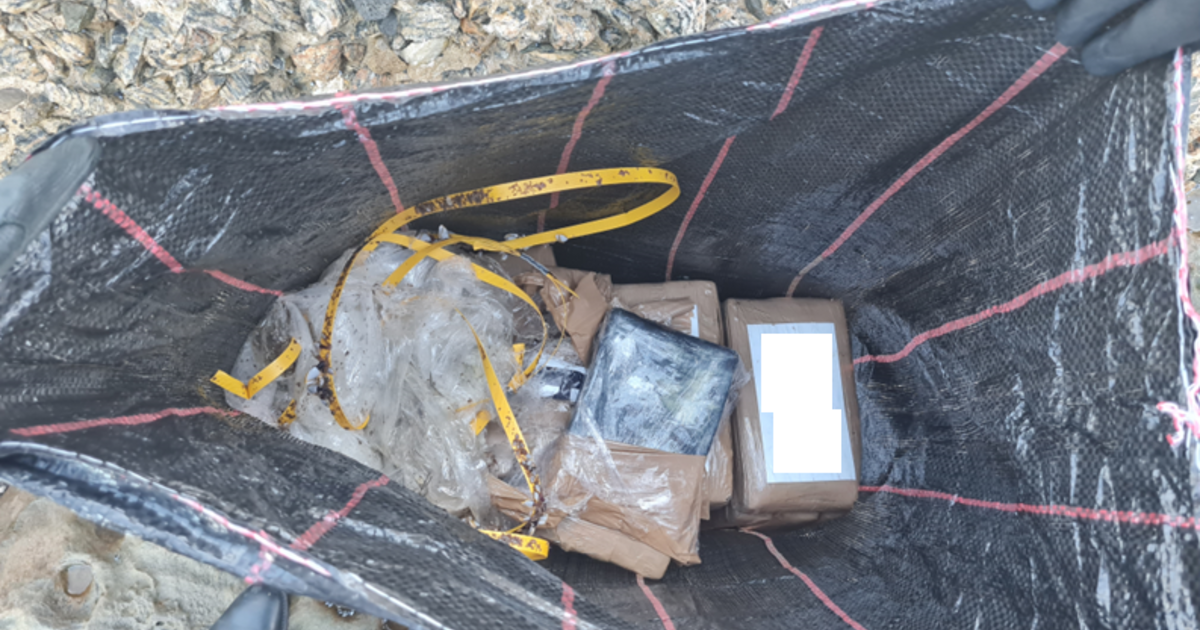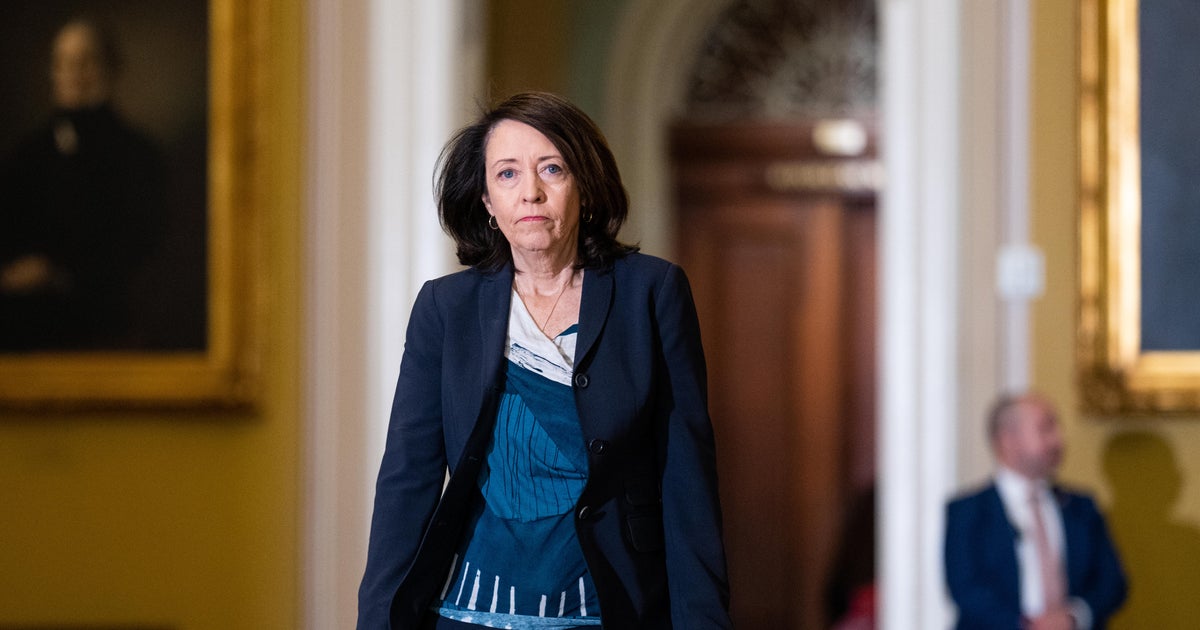White House dismisses concerns over steep potential cuts to "Drug Czar" office
The White House is pushing back against criticism over a proposed 95 percent cut to the budget of the Office of National Drug Control Policy (ONDCP), arguing the federal government remains committed to fighting the opioid epidemic.
In a draft version of a budget memo obtained by CBS News on Friday, the Office of Management and Budget (OMB) proposed cutting nearly half the staff in the "Druz Czar" office in fiscal year 2018 (FY18), as well as a number of grant programs and other agency functions.
One of ONDCP's grant programs funds the nation's largest drug prevention program, supporting 5,000 local anti-drug community efforts across the country. The program has enjoyed widespread support from members of both parties.
At the White House briefing on Friday, deputy press secretary Sarah Sanders told reporters that she wasn't going to get ahead of budget conversations, but claimed that the opioid epidemic is "a top priority" for Mr. Trump.
John Czwartacki, the OMB communications director, told CBS News that the FY18 budget is still under review and not a finalized document.
"Reports that suggest budgetary numbers or policy decisions are premature and subject to change before the late May publication of the budget," he wrote in an email.
A senior administration official suggested that if the White House decided to strip ONDCP of it's agency mandate to coordinate collaboration between federal and local law enforcement and public health organizations, transitioning it into an office like the National Security Council or National Economic Council. The official said cuts would "by no means signal the commitment to winning the war on drugs is lessened."
The senior administration official pointed to dozens of drug programs across many federal agencies as evidence that the White House is committed to anti-drug efforts, even if the ONDCP loses its ability to issue grants.
But Rafael Lemaitre, a former top spokesman for the ONDCP, countered that the reason the ONDCP was created in the first place was to coordinate these programs into one comprehensive strategy for the president.
"Creating chaos at ONDCP or eliminating the agency will mean that each of the bureaucrats who run each those long list of programs and are spread out across government will have no single point of contact or direction to follow," Lemaitre said. "Efforts will be duplicated. Presidential priorities won't be followed. Ineffective programs will continue."
"Without ONDCP, it'll be like herding cats," he added.
Scores of former government officials, doctors, community based organizations, law enforcement officials and officials at drug treatment and prevention programs agree. In a letter to senior White House adviser Reed Cordish, dozens called on the White House to maintain ONDCP's funding and strong national influence.
"As we have written before, ONDCP brings essential expertise to the table on complex drug issues, expertise that would otherwise be missing or dispersed across multiple agencies," the letter states. "ONDCP holds all federal, state, and local agencies accountable for achieving specific goals to reduce drug trafficking, use, and other consequences."
Kevin Sabet, the head of Smart Approaches to Marijuana and a three-time ONDCP adviser who distributed the letter, did not mince words.
"To slash anti-drug finding during this opiate and marijuana crisis is exactly the wrong move at the wrong time," he said.



